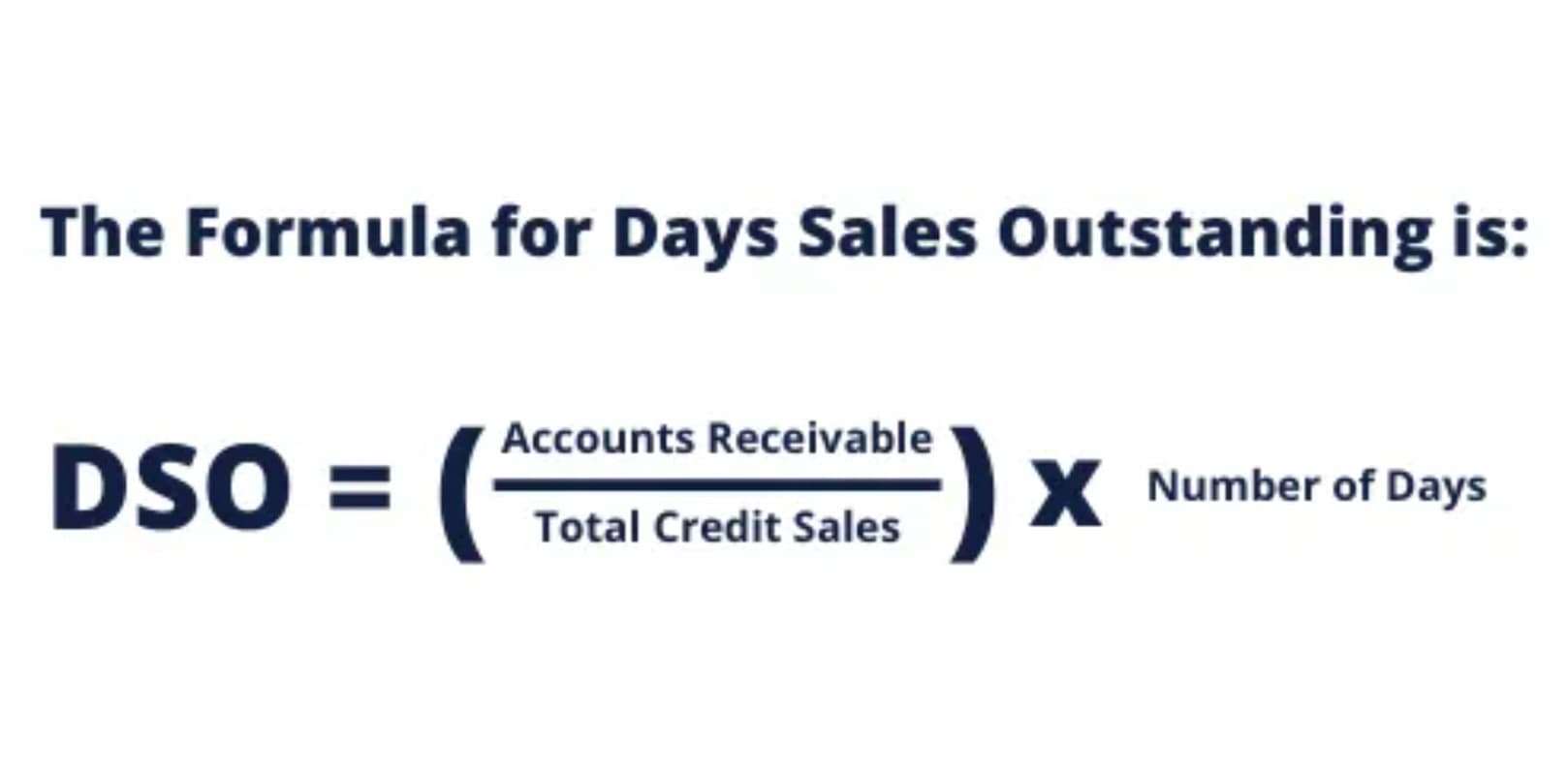What Is Bookkeeping? Definition, Tasks, Terms to Know

Here are some of the top industry picks for accounting and bookkeeping software. At the end of the month, bookkeepers get the bank/credit card statements from the client and reconcile each account, then close the period so nothing can be edited or deleted. Both bookkeeping and accounting are used interchangeably in the financial world, however, there is a notable difference between bookkeeping and accounting.

Accounting, which has been called the “language of business,” produces a “snapshot” of economic activities and delivers this information to management, creditors, investors, and regulators. Financial accounting focuses on reporting financial information, including the preparation of financial statements. Management accounting focuses on the analysis and measurement of information for internal use by management. There are some key differences between business bookkeeping vs. accounting, though those differences are becoming increasingly blurred. Advancing technology and shifting mindsets in both professions are causing many bookkeepers to take on roles more traditionally managed by accountants. Similarly, many accountants are branching off into different areas of focus to help their clients manage their entire financial situation more effectively.
Are Unauthorized Business Accounts Hurting Your Credit?
Also, an accountant can help you with financial advice, such as determining if a loan or other financing fits into your business’s financial health. If you’re looking for small business loans, you’re going to find that lenders require a lot of financial paperwork, including bank statements, tax returns, balance sheets, and revenue statements. You will absolutely need at least basic bookkeeping to prepare these accounting and bookkeeping services documents. In fact, if you have good bookkeeping in place from the start of your business, it will be much easier to produce these documents when you do apply for a loan. One of the big differences between bookkeepers vs. accountants is that accountants generally need a certain amount of education and credentials to operate. However, not all of those who call themselves “accountants” are technically licensed.
- It is not an unusual career move for a bookkeeper to gain experience at a job, study, get certified, and work as an accountant.
- The complexity of a bookkeeping system often depends on the size of the business and the number of transactions completed daily, weekly, and monthly.
- The general ledger is a sheet that houses all accounting data and financial records within a business.
- You will absolutely need at least basic bookkeeping to prepare these documents.
- Bookkeepers focus more on daily responsibilities, like recording transactions, while accountants provide overarching financial advice and tax guidance.
Accounting turns the information from the general ledger into insights that reveal the bigger picture of the business, and the path the company is progressing on. Business owners will often look to accountants for help with strategic tax planning, analysing their financial position, forecasting, and tax filing. When it comes to managing your business’s finances, it’s crucial to understand the differences between bookkeepers and accountants. Each professional serves a unique role and provides valuable services to help your organization maintain its financial health. Bookkeeping is broadly defined as the recording of financial transactions for a business.
Accrual basis accounting
Bookkeepers record financial transactions, post debits and credits, create invoices, manage payroll and maintain and balance the books. Skills – Bookkeepers aren’t required to have any special education but should be conversant with critical financial topics. An accountant needs to have a bachelor’s degree in accounting or finance degree. Accountants usually seek additional professional certification like Certified Public Accountant (CPA). Bookkeeping is a record of financial transactions and is part of the process of accounting in business.
- Another way accounting and bookkeeping differ is that accounting is a broader field that covers a more comprehensive range of topics.
- You can also use this information internally to decide how to allocate resources and manage risks.
- Most small businesses can get by in the early stages using a bookkeeper, and that may be sufficient for managing day-to-day activity.
- If you’ve owned your own small business for any length of time, you know how important it is to keep accurate financial records.
- Of course, a background in accounting practices will help you ride out a learning curve as a new bookkeeper.
- Bookkeepers can benefit your business by freeing up more time in your schedule, minimizing financial errors, and generating accurate financial reports.
- For instance, only CPAs can prepare audited financial statements or represent companies when talking with the IRS.
Accounting is not only the systematic recording of financial data but also the analysis, interpretation, and presentation of this data. Think of bookkeeping as the first step in the holistic accounting process, preparing your business accounts for more complex tasks. A bookkeeper must catch tiny or hidden mistakes because even small ones can affect your business. Bookkeeping is a series of day-to-day tasks designed to organize, record, and track your business’s financial details. In other words, it is properly recording the figure, date, and business category of each and every purchase, receipt, sale, and payment. The top three most popular accounting software platforms for small businesses are ReInvestWealth, Sage 50 cloud, Freshbooks, and Free Agent.
The function of bookkeeping, and how it fits into accounting
You can use reports to directly import into other solutions, give to your tax professional, or even create unique reports for your internal teams and consultants to access. It’s one of the most developed offerings on the market https://www.bookstime.com/ and can be adapted to fit your unique needs. The bookkeeper is on the ground floor, managing the day-to-day transactions and looking out for changes to the organization or significant financial events that need to be addressed.
- Outsourcing accounting can also free up your time to focus on other aspects of running your business!
- For those that don’t have a specific degree in accounting, finance degrees are often considered an adequate substitute.
- With Live Assisted, you’ll be able to connect with a bookkeeper to ask questions and receive guidance on how to do your books yourself.
- Utilizing the data provided by bookkeepers, they analyze trends, forecast financial performance, and implement tax planning strategies.
- Many small businesses don’t make the choice between bookkeepers vs. accountants and simply have both.

